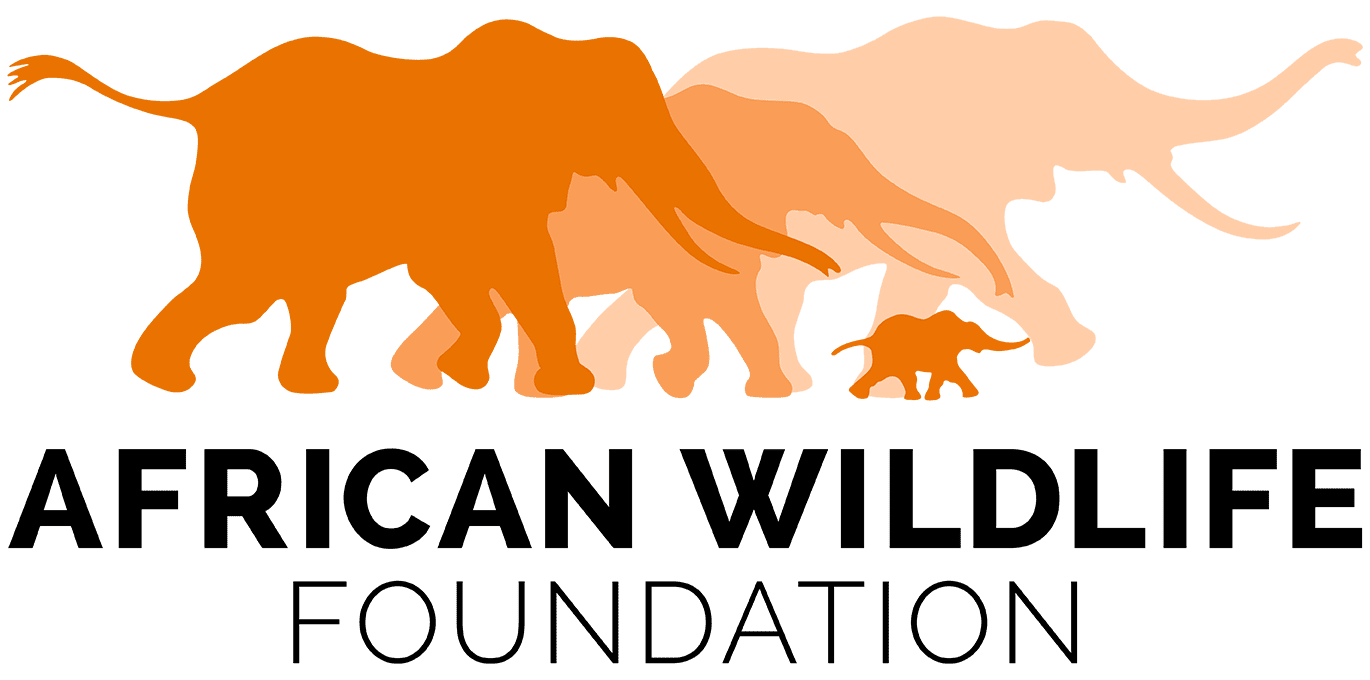Invested
in Tanzania
From the beginning, Rick and Judi have worked to build a responsible business that leaves a positive footprint on Tanzania. They’ve become leaders in sustainability, integrating social and environmental best practices into every aspect of the business, giving back to the people and place that host them.
To People
While traveling Tanzania, a group of Thomson guests was touched by the country’s limited educational resources. More than the lack of supplies, they were moved by the students who were ready, even desperate, to learn. With these children in mind, the group, together with our co-founder, Judi Wineland, founded the nonprofit organization, Friends of Tanzanian Schools.
Over twenty-five years later, the name has changed to Focus on Tanzanian Communities (FOTZC) and efforts have expanded to include education, women’s empowerment, healthcare, community development and clean water. Learn what FOTZC has accomplished over 25 years and watch the video below.
FOTZC Initiatives
When it was established in 1997, FOTZC’s founding mission was to improve access to, and quality of, education in Tanzanian communities. In the past 20 years, the organization has donated thousands of textbooks and built facilities for 23 schools, designed to keep kids safe and help them learn.
Kids were coming to school hungry or getting sick because of unsafe food, so FOTZC built canteens in several schools to ensure students are nourished and able to focus on learning. For kids traveling from rural areas, dormitories were built, enabling them to attend class regularly, while teacher housing in remote areas ensures teachers have a place to live—and kids have a place to learn, wherever they live.
Tanzania is still a patriarchal society, and women rarely receive the same opportunities as men, either in education or professionally. We believe in fair hiring practices, promoting Tanzanian women to top positions in their fields.
Working with Community Conservation Banking (COCOBA), a microfinance initiative, FOTZC fosters entrepreneurship among Tanzanian women by offering entrepreneurship training and helping them sell hand-crafted, beaded jewelry in an effort to independently provide for their families.
In addition to the jewelry business, FOTZC has helped women establish businesses in bee-keeping, leather tanning, agriculture and other industries. Together, these groups help foster confidence in a group of strong women who can go on to improve the lives of their families and the condition of their communities.
FOTZC funds healthcare initiatives across Tanzania, from delivering vital education about preventative medicine in remote communities to building a medical center to improve access to healthcare.
The Sukenya Health Center offers access to pre- and post-natal care, improving birth outcomes and helping women and their infants reach a 95% survival rate. The clinic’s doctors and nurses teach patients about everything from proper nutrition to the benefits of vaccinating themselves and their children.
In rural Tanzania, women and children have to trek hours every day to find water, then carry heavy buckets back under the hot sun. Sometimes, that water is low-quality, dirty and potentially disease-ridden.
To address this, FOTZC donors have contributed hundreds of thousands of dollars to build boreholes throughout the region. This brings clean, safe water within close reach of thousands of people in Maasai communities.
To Nature
We fell in love with Tanzania because of its breathtaking landscapes and awe-inspiring wildlife. Not only do we want to share this country’s bounty with our guests, we want to preserve it for generations to come.
The awe-inspiring wildlife is probably why you’re venturing on safari—and it’s incredibly important to us. We proudly partner with the African Wildlife Foundation (AWF) to help ensure tourism benefits the people, land and wildlife of Tanzania.

Our founders invested in a 10,000-acre private nature refuge in the Eastern Serengeti to help protect these magnificent animals. After the first three years, their populations have more than doubled; wildebeest, giraffe, ostrich, eland, aardvark, bat-eared fox and zebra are just a few of the species spotted regularly.
The refuge has protected the environment too, including one of the last remaining pencil cedar forests, and it has created employment and educational opportunities for local communities. A conservation trust with global leaders and local elders is helping establish a self-sustaining conservation plan for the land to protect it for years to come.
Environmental responsibility is important to us both abroad and at home. We power our offices in Watertown, Massachusetts with 110 solar panels to generate one-third of our power naturally and help offset our carbon footprint.
We design our tours and educate our guests to minimize the impact of tourism on wildlife and their eco-systems. We insist on practicing Leave No Trace travel ethics, following only established routes and trails and removing all waste, leaving the environment and wildlife untouched.
Most camps are portable, having no fixed ground structures or plumbing. They move seasonally, allowing the land to recover, and are solar-powered. We integrate water-saving techniques and collect all of our guests’ recyclable waste to send to one of Tanzania’s only drop-off points. It’s extra effort, but saves the fragile environment from harm.

